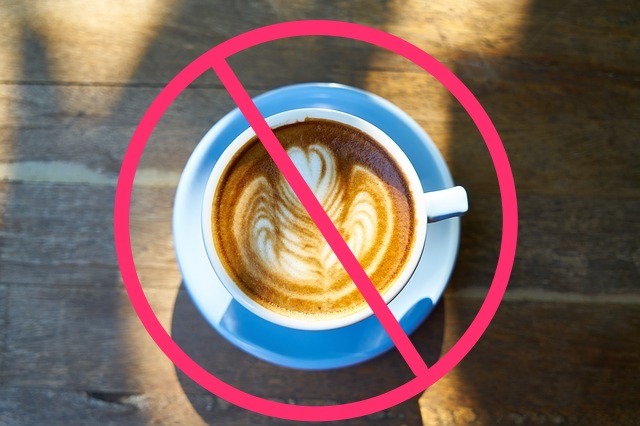How many times during the day have you felt the need to lay down? Whether it’s during a workday or even a relaxing weekend, those moments can come frequently. For a long time naps have been stigmatized as being unnecessary during the day, but science says something quite different. If done right, there is plenty of support to show that naps can be good for your body and your brain. Everyone will react differently, but if you ever feel the need to lie down during the day, you should do so knowing that science has your back.
Yes, Naps Are Good for You
There is no shortage of research to support the idea that a nap between 15 and 30 minutes can be highly beneficial. These short burst naps can do everything from making you feel more relaxed to reducing fatigue, improving your alertness and memory. Why you need to take a nap is likely a more important question than whether or not you should. Did you not get a proper night’s sleep? Your reaction time, short-term memory and judgment are likely all affected. Anyone feeling fatigued can also exhibit worse moods and more aggressive behavior.

When you take a nap under 30 minutes, you enter the first stage and sometimes the second stage of sleep. That allows for just enough of a rest to feel refreshed without waking up and feeling groggy. More importantly, studies do show that your ability to retain and learn new information is immediately improved right after a nap.
On top of that, other studies show that taking a nap during the middle of the day can lead to lower blood pressure. A 2019 study by the American College of Cardiology’s Annual Scientific Session indicated that midday naps can be just as effective at lowering blood pressure as other lifestyle changes like cutting salt intake. Want to improve your mood as you start to feel tired during the day? More studies exist to prove that midday naps can also improve your mood as well as boost energy levels.
Naps Do Have Some Risks
For all of their positives, naps do carry some risks, and they are not foolproof methods for all of the positives mentioned above. The biggest risk is that your nap lasts longer than the widely accepted 30-minute window, and you begin to enter a deeper sleep. This risk, better known as sleep inertia, is why you can wake up from a nap that runs too long feeling groggy and or disoriented. The result is that you end up with more troublesome sleep problems like having a harder time falling asleep at bedtime.

This is especially true for anyone who suffers from insomnia and who may want to avoid napping altogether. The risks beyond the two identified above vary from person to person, but avoiding a deep sleep should be a priority. Our internal clocks are easy to break and difficult to fix, so nap wisely. Oversleeping, including taking naps that are too long, can have its own impact on health issues like heart disease, obesity and type 2 diabetes.
How to Take a Short Nap

The next sentence is going to be the most controversial line in this article, but you should stop drinking caffeine after 3 pm. Caffeine notwithstanding, there are some other, much easier tips to follow to keep your naps short so you feel fresh:
- Setting an alarm will help ensure that you follow the scientifically-agreed-on guidelines of napping between 10 and 30 minutes. As noted above, any longer than that, and you may wake up feeling worse than you did prior to falling asleep.
- Make sure to nap earlier in the day rather than later. The ideal point is halfway between when you wake up and when you go to bed. The later you nap, the less likely you are to fall asleep at bedtime, which can lead to additional sleep issues.
- Sleep somewhere that is a friendly environment, like a sofa or bedroom. If nowhere else, try and find a place that is quiet and cool.
- Try and clear your mind of all your stresses, so you can quickly fall asleep. The more you think about your to-do list, the less likely you are to fall asleep.
- Don’t exercise in or around the time you want to take a nap. Exercising earlier in the day may actually help with naps later on.
Conclusion
No matter how you look at it, napping is a divisive discussion. How napping is viewed is also determined by where you are in the world. Japan, for example, has started to encourage employees to take naps at work, which has led to increased productivity. No matter where you are, though, napping has proven to be beneficial to not just your mind but to your body. Go ahead and feel free to take that afternoon nap. You have earned it.
